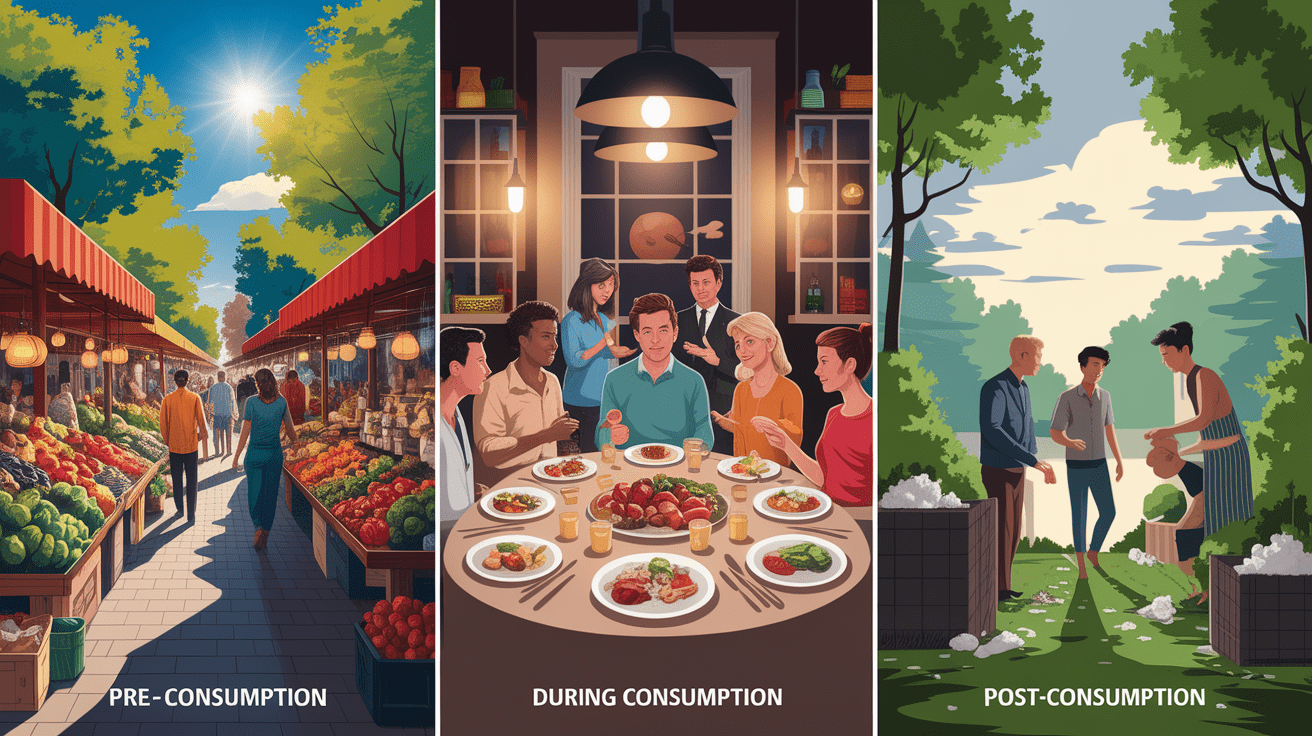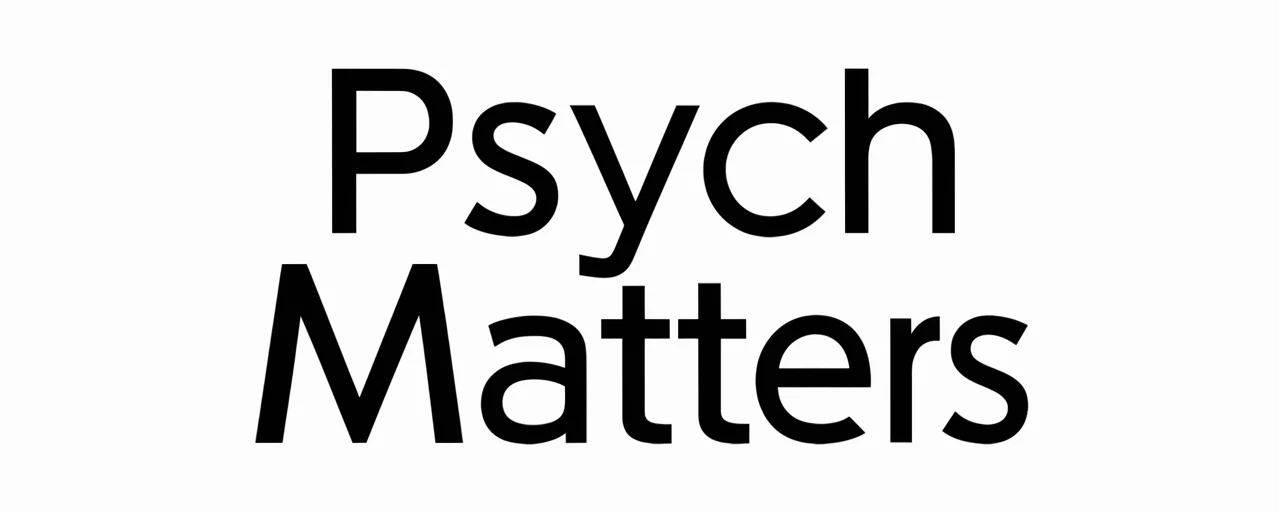Mindful Markets: The Psychology Behind Ethical Consumption
Opening the Ethical Mindset
Ethical consumption refers to consumer decisions influenced by moral, social, and environmental considerations. It reflects a sociotechnical system perspective, where choices are shaped not only by individual values but also by societal norms, market structures, and technological infrastructures. This approach recognizes that ethical purchasing is embedded within broader contexts—such as cultural expectations and regulatory frameworks—that guide and constrain consumer behavior.

In the modern marketplace, consumers identify with causes such as corporate social responsibility, fair trade, and sustainable production. This “sustainability mindset” supports conscious consumption habits and a values-driven marketplace where buying decisions are often linked to long-term social impact goals.
Psychological Drivers of Ethical Consumption
The psychology behind ethical brand selection and sustainable purchasing decisions is multifaceted. Studies highlight that factors such as personal identity alignment, environmental concern, and moral reasoning play key roles in shaping purchase intentions. From the lens of environmental psychology, ethical consumption often emerges from a combination of:

- Values-based identity: Individuals who see themselves as conscious consumers integrate sustainability into their personal identity, influencing loyalty to ethical brands.
- Education and awareness: As shown in research on demographic influences (Kim, 2018), higher educational attainment is associated with greater engagement in socially responsible purchasing.
- Economic incentives: While altruistic behaviors are prominent, cost-benefit considerations also factor into green purchase motivation, especially when eco-friendly products offer functional value comparable to conventional goods.
- Moral decision making: Ethical decision theory suggests that people weigh social and environmental consequences as part of their moral reasoning consumer choices.
These drivers demonstrate how psychological factors mesh with marketplace conditions to produce sustainable consumption patterns.
Internal Conflicts and Ethical Dissonance
Ethical shopping behavior is not free from internal contradictions. Research on ethical consumption hypocrisy reveals frequent gaps between intentions and actions, resulting in cognitive dissonance. For instance, a consumer may value fair trade but still choose a less expensive non-fair trade product due to budget constraints.

Common dimensions of this ethical dissonance include:
- Intrapersonal conflicts: Struggles within the self, where sustainable decision making clashes with convenience, frugality, or habitual purchase patterns.
- Interpersonal mismatches: Differences between how one judges one’s own behavior and that of others, often influenced by socio-economic biases.
Such tensions underscore the psychological barriers to sustainable consumption, highlighting the need to address both structural and mind-set obstacles.
The Sociotechnical System at Play
Ethical consumption occurs within a complex web of cultural norms, institutional frameworks, and technological infrastructures. A multilevel analysis shows that consumer behavior is influenced by interdependencies between material supply chains, regulated markets, and the values held by communities. Concepts like socially responsible purchasing and green consumerism are not isolated acts but parts of systemic processes.

In practice, a consumer’s ability to engage in responsible consumption habits depends on:
- Market availability: Access to ethical brands and eco-friendly alternatives.
- Cultural reinforcement: Social norms that celebrate sustainability and discourage waste.
- Technological facilitation: Platforms that inform, verify, and make ethical choices convenient.
This perspective cautions against oversimplifying ethical consumption as purely a matter of personal choice, pointing instead to the role of the sociotechnical environment in shaping purchase behavior.
A Lifecycle View: Pre-, During, and Post-Consumption
The process of ethical consumption can be parsed into three stages, as outlined in recent research on values of sufficiency and care:

- Pre-consumption: Consumers assess the necessity of purchase, aligning needs with sustainability mindset and values-based buying principles. Awareness and intention form here, guided by moral consumer psychology.
- Consumption: This stage involves the actual selection and use of products, integrating factors such as fair trade certification, eco-labels, and ethical brand loyalty.
- Post-consumption: Reflection on purchase outcomes, including waste management, social impact, and satisfaction derived from guilt-free consumption.
Viewing ethical consumption through this lifecycle lens provides insight into how responsible consumption habits are maintained or disrupted over time. It also highlights points at which interventions—such as behavioral nudges—can strengthen sustainable lifestyle psychology.
Closing the Ethical Loop
Sustaining ethical consumption requires closing the loop between intention, action, and impact. This entails embedding environmental consciousness shopping habits into long-term consumer behavior, reducing ethical consumption barriers, and fostering collective systems that support socially responsible purchasing.
By leveraging psychological insights—such as understanding cognitive dissonance, enhancing moral decision making, and reinforcing conscious consumer identity—individuals and organizations can align sustainable purchasing with broader cultural and infrastructural change. The interplay of personal values, systemic support, and marketplace dynamics determines whether ethical consumption remains a niche behavior or becomes a normative standard in the values-driven marketplace.







